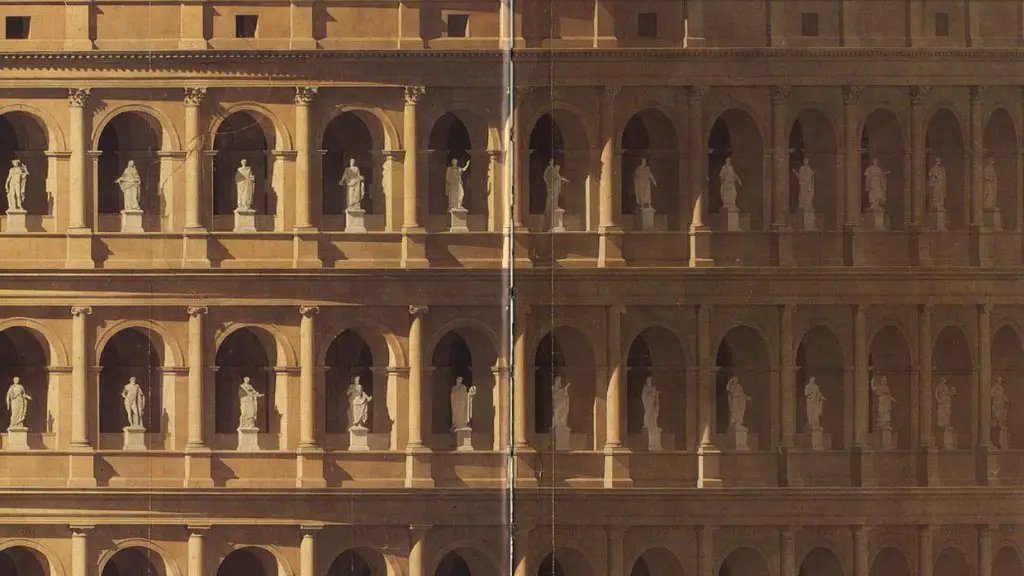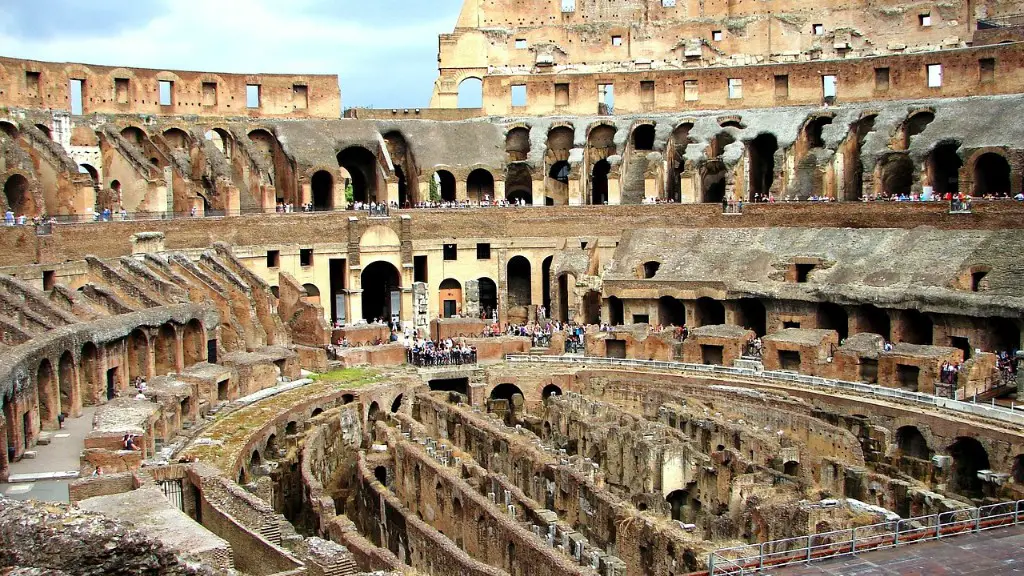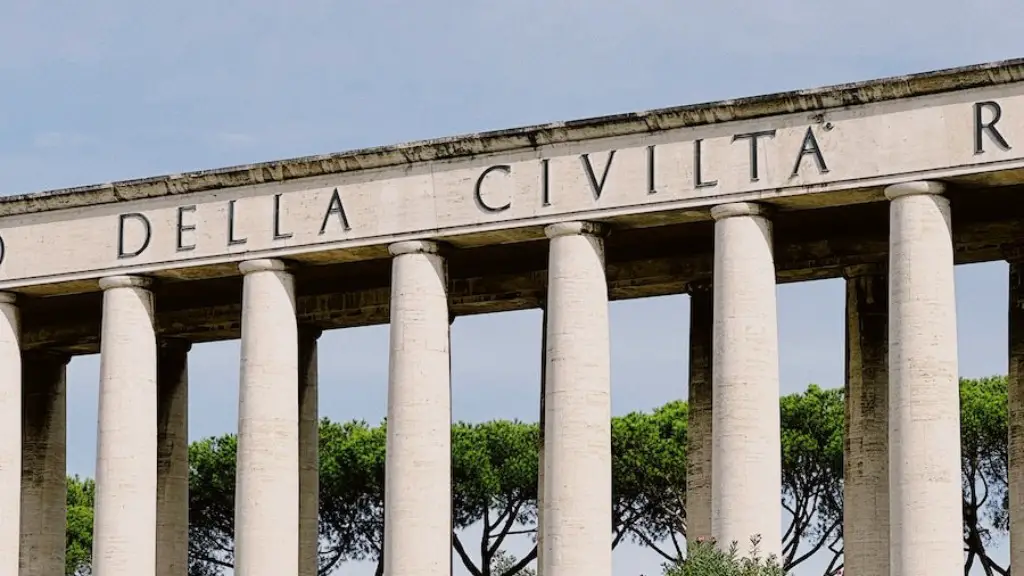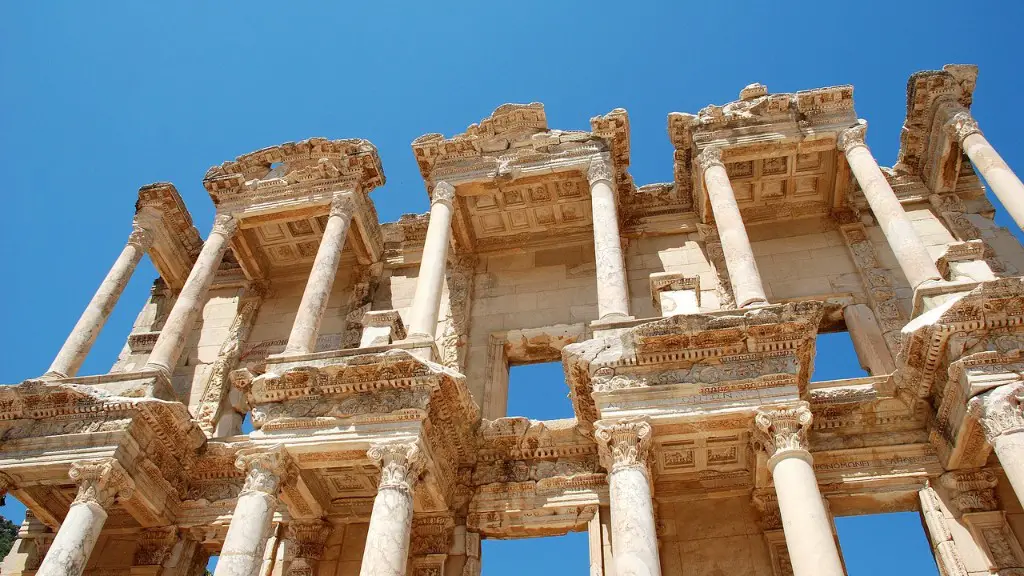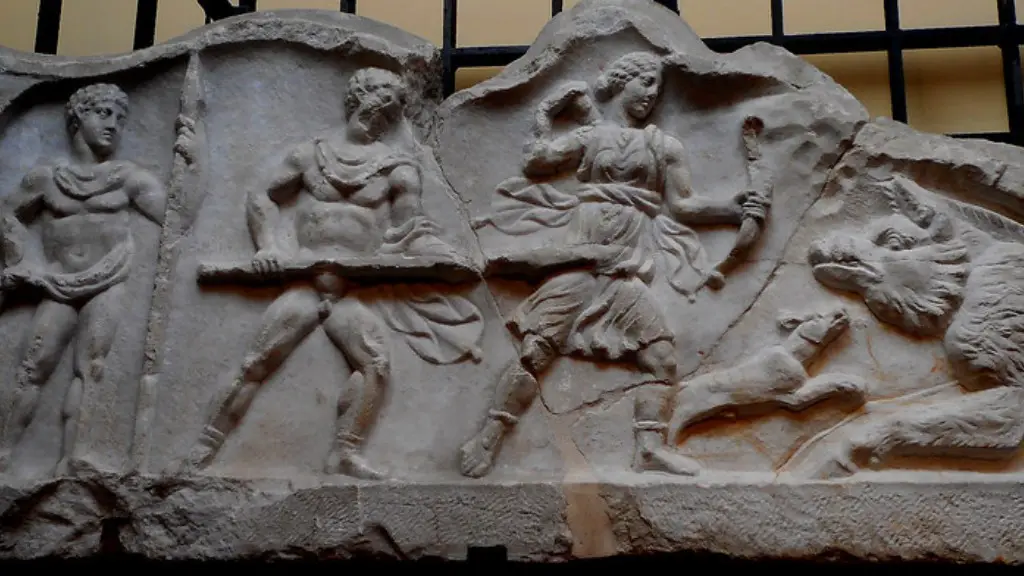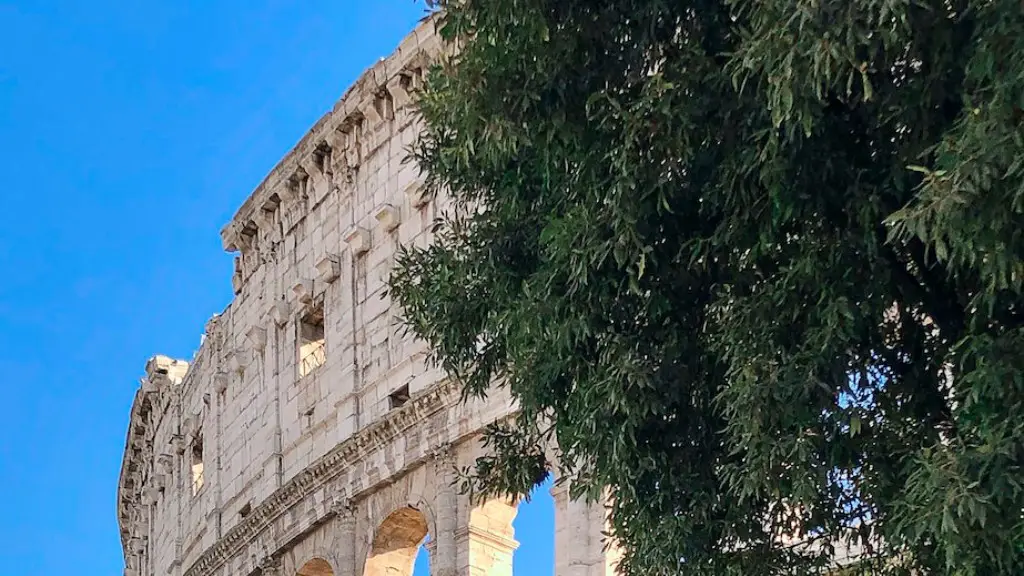In ancient Rome, assemblies were a key part of the society and served important political, religious and social functions. Assemblies convened regularly and were made up of the people of Rome, who had the power to elect officials, pass laws and decide on matters of public interest. So who could be a member of these assemblies and what rights did they have?
In theory, all citizens had the right to participate in the assemblies. However, in practice, most of the political power was held by wealthy and privileged individuals. The assemblies were divided into two categories: the curiate assembly, which was composed of representatives from the aristocratic families, and the centuriate assembly, which was made up of plebeians, or commoners. Although the plebeians had a right to vote, they usually did not exercise their right because the aristocrats had much more economic and political power.
The senates, another group of assemblies in ancient Rome, were also made up of aristocrats and had far-reaching authority. The senators were responsible for many important decisions, such as the declaration of wars and the enactment of laws. It is important to note that unlike assemblies, only a privileged few could become senators. Upper class citizens, known as patricians, exclusively held seats in the senate.
It is thought that being a member of an assembly or senate in ancient Rome was more than just an honor, it was an obligation. All citizens had an obligation to take part in the political system, even if they had little in the way of political or economic power. In addition, the assembly and senate provided citizens with a means to express their views, and to have their say on matters of public concern. Therefore, even though the wealthy and privileged had more influence, the assemblies did provide an opportunity for everyone to have their say.
Participation in assemblies and senates was also seen as a way to contribute to the common good. Citizens who were members of these institutions had the chance to make a difference to the future of the Republic, and to support the rule of law. Although it is true that only a few privileged individuals had a major say in the decision-making process, the assemblies and senates gave everyone the opportunity to participate in the political process, regardless of social class.
Political Control of Assemblies
At the height of the Roman Republic, the assemblies had a high degree of political and economic power. They were largely responsible for the laws that shaped the daily lives of the citizens and ensured the stability of the state. This power was, however, held by a small and privileged elite. The oligarchy, as it was known, was made up of a small number of wealthy and powerful families who effectively controlled the assemblies.
The oligarchy often took advantage of the assemblies to further their own interests. They were able to do this by influencing legislation and taxation in order to hinder the progress of their rivals and to limit the power of the plebeians. This enabled them to maintain their wealth and power while the rest of the population suffered from the consequences of this political manipulation.
Despite the powerful influence of the oligarchy, the assemblies still contained some degree of democracy. All citizens had the right to vote and their views were respected within the assemblies. However, the full potential of the assemblies as a democratic body was not realized because of the oligarchy’s dominance.
The Impact of Assemblies
Despite the fact that only a small elite held the ultimate power in the assemblies, the assemblies still had a profound influence on the political landscape of the ancient world. They allowed citizens to voice their opinions, debate important issues and, in some cases, vote on laws. This not only shaped the functioning of the republic, but also provided a platform for citizens to express their views and engage in the political process.
The assemblies were also instrumental in passing laws that sought to protect citizens from exploitation and corruption. They implemented measures such as the Lex Ogulnia, which sought to ensure equal treatment for all citizens, regardless of their background or wealth. These laws showed the impact a collective body of representatives could have in creating a fairer society.
The assemblies also served a crucial religious function. They acted as the center for religious ceremonies and festivals, unifying the people and giving them a sense of purpose and belonging. This was particularly true in times of crisis, when the assemblies provided an important source of comfort to the populace.
The Decline of Assemblies
The assemblies began to lose their influence in the late second century BC when military commanders assumed more control over political decisions. This led to a decrease in the importance of the assemblies and the eventual erosion of their power. As the military gained more political power, it was the generals who began to make the major decisions and their policies often bypassed the assemblies.
This shift in power led to a gradual decline in the authority of the assemblies and the senates. By the first century BC, they had effectively been sidelined. While some assemblies still existed to provide spectacle and entertain the people, they had by then lost their power to shape the political landscape of the Republic.
Alternative Assemblies
In the early first century BC, a new form of assembly began to emerge. These assemblies, known as popular assemblies, consisted of all citizens, both patricians and plebians. Unlike the curiate and centuriate assemblies, which were divided along class lines, the popular assemblies were open to all Roman citizens.
The popular assemblies met regularly and had the authority to enact laws, ratify treaties and amend the constitution. They also convened to elect magistrates and to pass judgements on matters of public concern. It is also thought that the popular assemblies had a legislative body composed of randomly-selected representatives from the populace.
Although the popular assemblies represented a small step forward in terms of democratic participation, they did not last long. Over the course of the first century BC, the power of the assemblies diminished once again and the assembly system slowly died out.
Consequences of the Demise of Assemblies
The demise of the assembly system had far-reaching consequences for the Roman Republic. Without the assemblies and senates to express the will of the people, the rule of law gradually eroded. This enabled a breed of military generals and ambitious leaders to seize power, setting Rome on the path to autocratic rule.
The disappearance of the assemblies also caused a breakdown in social cohesion. Without the assemblies to serve as a focal point for religious and cultural events, the common bond between citizens weakened. This helped create a political landscape that was more divided and chaotic, which eventually led to the fall of the Roman Republic.
Assemblies and the Legacy of Rome
The assemblies of ancient Rome have been credited with laying the foundation for democracy in the Western world. The idea of a collective body of representatives who could debate, discuss and pass judgement on matters of public concern had a lasting impact on the contemporary political system. For centuries, the Roman assembly system served as the basis for the governance of nations across the world.
The legacy of the ancient Roman assemblies lives on even in the present day. In many countries, the assemblies and senates still exist as a means for citizens to participate in the political process. Even though the assemblies are no longer a major force in politics, their influence continues to this day.
The Role of Women in Assemblies
Women played a surprisingly active role in the assemblies of ancient Rome. Although they were not permitted to take part in the curiate or senatorial assemblies, women were, in fact, able to participate in the centuriate and popular assemblies. In the centuriate assembly, women were allowed to vote, a right that was rarely granted at the time.
In the popular assemblies, only property-owning women were eligible to vote or hold office, but this still represented a major step forward in terms of female participation in politics. Furthermore, the assemblies also provided a platform for women to publicly engage in debates and take part in decision-making regarding laws and public policy.
Although it is clear that women had more rights in the assemblies than in many other aspects of Roman life, it is likely that the views of women were nonetheless overshadowed by those of their male counterparts. Nevertheless, their participation was an important step forward and provided a basis for the increased role of women in public life.
Conclusion
The assemblies of ancient Rome played a key role in shaping the political landscape of the republic. Not only did they provide a platform for citizens to express their opinion, but they also served an important religious and cultural function. Furthermore, these assemblies laid the foundation for democracy in the Western world and continue to influence contemporary political structures.
